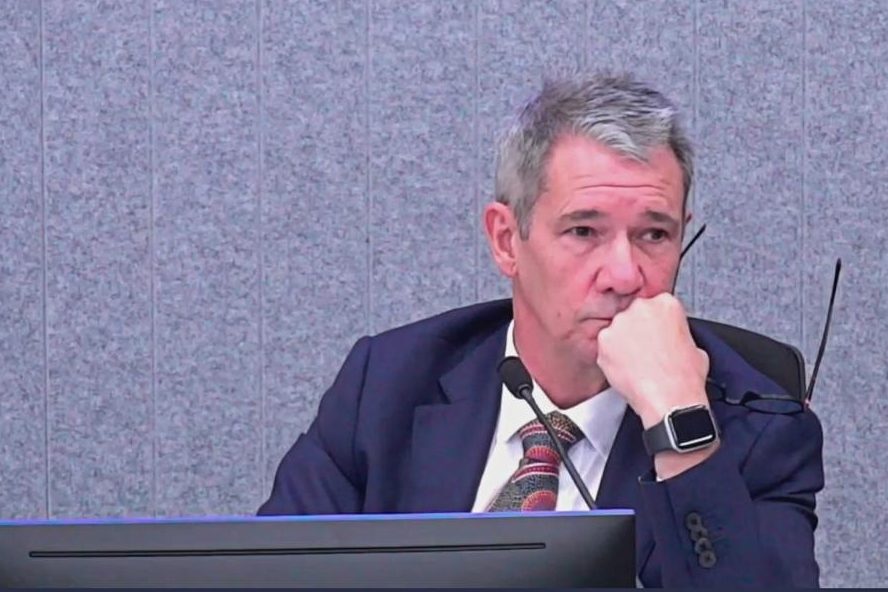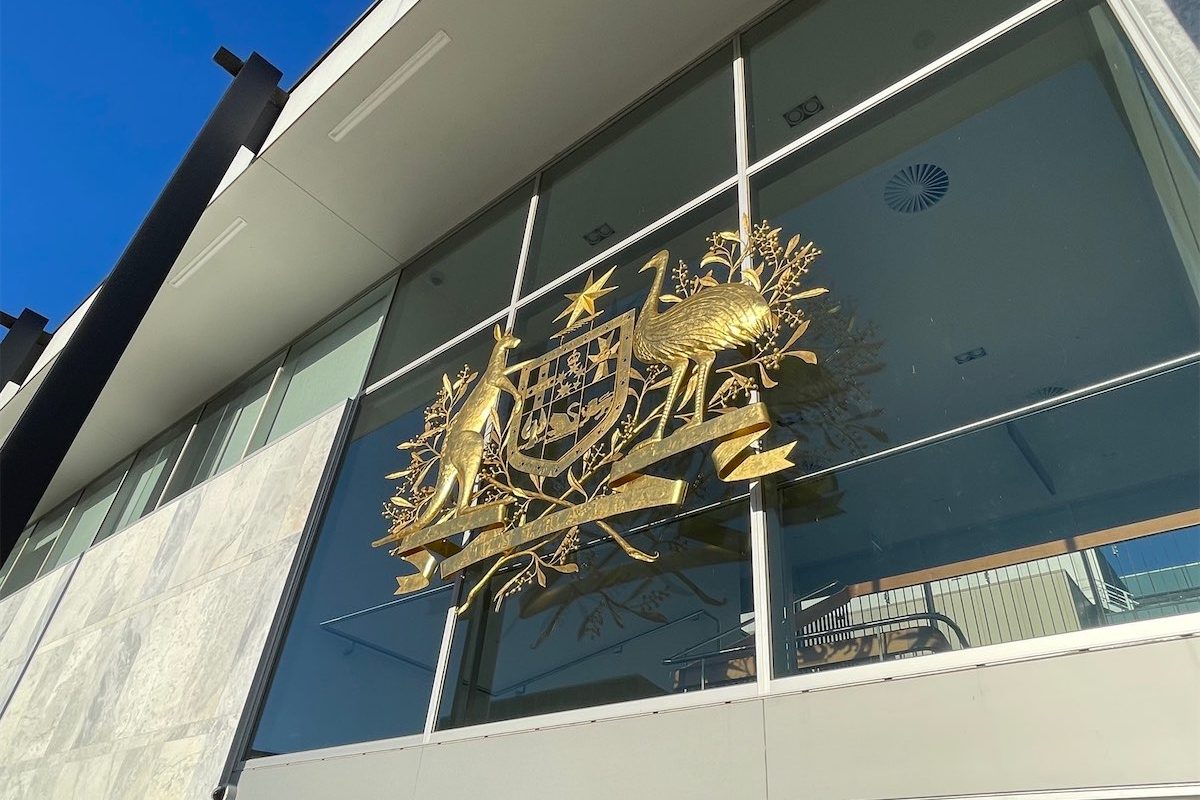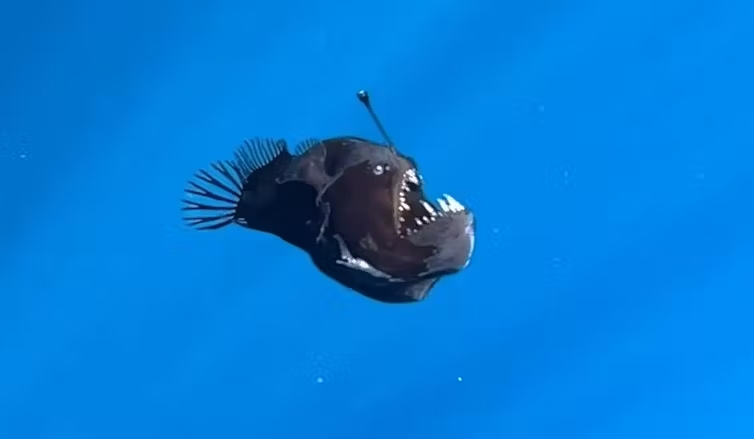
“The allegations against Shane Drumgold were easy enough. They came directly from the findings of the Sofronoff Inquiry. The problem was that significant evidence before the inquiry, the evidence that we heard, could not be used in disciplinary action.” writes HUGH SELBY.
Is former ACT DPP Shane Drumgold SC now vindicated because the ACT Bar Council is not pursuing disciplinary action against him?

Mr Drumgold believes he has been vindicated.
“The Australian” reported: “Mr Drumgold said the ACT Bar Association ‘has found there is no evidence to support a finding that I engaged in either professional misconduct or unsatisfactory professional conduct in relation to any conduct surrounding the prosecution of Bruce Lehrmann’.”
Would such a belief be correct?
We start with recalling that in late 2022, following the saga of the trial of Mr Lehrmann at which Mr Drumgold was the prosecutor, the jury discharge, and its aftermath, Mr Drumgold called for an inquiry.
There were allegations about police investigation deficiencies and political interference. He got an inquiry, which – sadly for him – was to make his conduct, rather than that of his targets, a focus of attention and criticism.
Mr Drumgold gave evidence to the 2023 Sofronoff Inquiry, was cross-examined, and made written submissions.
Other witnesses, including police involved in the investigation of Brittany Higgins’ allegation against Mr Lehrmann, and the decision to charge Mr Lehrmann, were cross-examined by Mr Drumgold’s lawyers.
Those witnesses came out of the inquiry with their heads high.
Mr Drumgold did not fare so well.
The Inquiry Report by Commissioner Sofronoff made adverse findings about Mr Drumgold’s conduct. They were so serious that he resigned as DPP.
Mr Drumgold then went to the ACT Supreme Court seeking to have the Commissioner’s approach to the evidence about Mr Drumgold’s conduct declared to be flawed. While he succeeded on one such finding he failed on everything else.
The result is that the former DPP’s reputation as a lawyer was and is in tatters.
Mr Drumgold does not accept this result.
Disciplinary proceedings and excluded evidence
There are rules of professional conduct for lawyers. Mr Drumgold’s conduct was found by the inquiry to be in breach of those rules. Such breaches are usually followed by disciplinary action in the ACT Civil and Administrative Tribunal (ACAT), commenced by the relevant professional body.
Mr Drumgold, being a barrister, it was up to the elected executive (the council) of the ACT Bar Association to decide what to do.
Disciplinary proceedings are civil, not criminal. Their primary purpose is protection of the public and maintenance of the reputation of the profession: that is, so that the public can trust the profession.
Sometimes the defending lawyer admits their misconduct and the task for ACAT is to determine the penalty.
However, disciplinary proceedings are adversarial. Therefore, a defending lawyer has the right to demand that the professional body prove its case against her or him. That case is set out in the precise allegations made by the professional body, followed by the admissible, relevant evidence that it puts before an ACAT hearing.
The allegations were easy enough. They came directly from the findings of the inquiry. The problem was that significant evidence before the inquiry, the evidence that we heard and/or read about, could not be used in disciplinary action:
The ACT’s Inquiries Act states that:
19 Privileges against self-incrimination and exposure to civil penalty
(1) This section applies if a person [such as Mr Drumgold] is required …. to—
(a) produce a document…; or
(b) answer a question.
(2) The person [Mr Drumgold] cannot rely on the… privileges against self-incrimination and exposure to the imposition of a civil penalty to refuse to produce the document… or answer the question.
(3) However, any information, document… obtained, directly or indirectly, because of the producing of the document…, or the answering of the question, is not admissible in evidence against the person [Mr Drumgold] in a civil or criminal proceeding, other than a proceeding [such as perjury, which is not relevant to this discussion].
Followers of the Robodebt inquiry may recall that the Commonwealth Royal Commissions Act, section 6DD has similar effect as our Inquiries Act, section 19.
It’s important to understand that public inquiries are a search for what happened. That priority is regarded as so important that long established individual protections are removed, but the “price” for the community is that what is uncovered cannot then be used to “go after” those who were made to give evidence against themselves.
If disciplinary proceedings were to be taken against Mr Drumgold then, unless he admitted the misconduct, sufficient evidence from other witnesses would need to be found so that he had to give evidence and be cross-examined.
Apparently, the ACT Bar Council sensibly decided to seek advice and also to engage an arm’s-length solicitors firm to investigate such other sources of evidence and evaluate their strength for a disciplinary hearing in ACAT.
What the Bar Council decided
The council received that firm’s report. Based upon it, the council made the decision that a disciplinary action would not succeed. Their reasons, more than 50 pages, have been released.
Bear in mind that the investigation could not refer to what Mr Drumgold said at the inquiry (unless he adopted it). They were limited to the evidence of other people and they had written submissions from Mr Drumgold in which, naturally, he was asserting a different explanation to that found by the inquiry.
The authors of the reasons have set out the evidence, the submissions, and their evaluation. They have not given Mr Drumgold vindication. Indeed, they are sometimes critical. However, they have accepted that his explanations, being possible, entail that there is not a reasonable likelihood of success in disciplinary proceedings.
The approach taken by the Bar Council report author/s is problematic. Having rightly excluded Mr Drumgold’s answers to the inquiry they then seem to treat his unsworn submissions to the Bar Council as though they constituted not just sworn evidence, but evidence that had been tested by cross-examination, and would be accepted at a hearing.
Respectfully, this approach has presumed that the other evidence suggesting misconduct would not be sufficient to entail that Mr Drumgold, at an ACAT hearing, would have needed to give sworn evidence and be tested on it. But that ignores the reality that the same material was before the Sofronoff Inquiry where Mr Drumgold’s sworn explanations about it were found wanting.
The Bar Council report author/s have bent over backwards to be transparent and fair. Nevertheless, I suggest that their process has gone awry because they have confused their role, “Is there sufficient evidence to proceed to hearing?” with the ACAT decision-maker role after receiving all the evidence, “Has misconduct been established to the requisite level of proof or not?”
There are some who will want to believe that this is an example of the profession looking after its own. Hopefully, better understanding the law as it applies to inquiry procedure, and noting that the Bar Council had to pay for an extensive “outside” evaluation of any other evidence, those concerns are rebutted for all who are fair minded.
There will be others who will be alarmed that Mr Drumgold has “got away with it”. But he hasn’t, has he? Nearly all the findings of the Sofronoff Inquiry remain undisturbed. They are easily accessed in the published report.
Were it not for Mr Drumgold being required to give evidence at the inquiry we would not know about those matters that brought him down.
Disciplinary proceedings are not criminal, but there’s a useful analogy from prosecution guidelines that a prosecution should be in the public interest.
While neither I nor you may agree with how the Bar Council approached this issue, what positive interests are served by yet another hearing? Isn’t it time to move on?
Not only is he branded but it’s an indelible mark, not erased by this week’s Bar Council decision, one that may torment him, but also reminds everyone of what is expected of prosecutors.
Hugh Selby, a former barrister, is the CityNews legal affairs commentator. His free podcasts on “Witness Essentials” and “Advocacy in court: preparation and performance” can be heard on the best known podcast sites.
Who can be trusted?
In a world of spin and confusion, there’s never been a more important time to support independent journalism in Canberra.
If you trust our work online and want to enforce the power of independent voices, I invite you to make a small contribution.
Every dollar of support is invested back into our journalism to help keep citynews.com.au strong and free.
Thank you,
Ian Meikle, editor





Leave a Reply